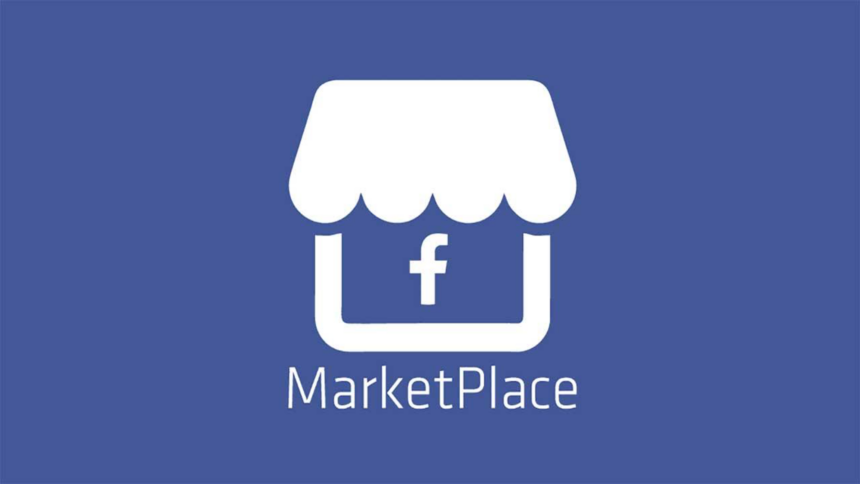The European Union has slapped Meta with a hefty €800 million fine for breaching antitrust laws, particularly related to its Facebook Marketplace. This marks another significant move in the EU’s ongoing efforts to regulate big tech companies, especially as the market for online social networks and advertising continues to grow. Meta has contested the fine, arguing that it operates in a highly competitive space. However, regulators in Brussels remain firm in their stance.
What’s Happening & Why This Matters
Meta, known for its dominant position in the social media landscape, has faced increasing scrutiny from the EU. Facebook Marketplace, launched in 2016, is now one of the most popular platforms for buying and selling second-hand goods. However, the EU claims Meta has abused its dominance in the online advertising market. The fine comes at a time when the EU is ramping up its enforcement of antitrust laws and has introduced significant legislation like the Digital Markets Act. Meta, however, maintains that it is operating in a competitive environment, pointing to other platforms like eBay and Leboncoin as formidable competitors.
Despite this, the EU continues to press for stricter controls over companies like Meta, arguing that their dominance stifles competition and hampers the growth of local startups. The fine and ongoing investigations come amid political changes, with the EU and the US both navigating shifts in their leadership. With the upcoming changes to the EU Commission and a potential shift in the US government, it remains to be seen how future regulatory actions will play out.
TF Summary: What’s Next
The €800 million fine on Meta is in the EU’s mandate to rein in big tech companies. As digital markets dominate e-commerce, it’s clear that regulators will remain vigilant and step-in where they deem necessary. In the coming years, TF Europe anticipates scrutiny and regulations will increase to ensure fair competition. How this affects other commerce platforms largely hinges on political climate and consumer calls for additional oversight.
— Text-to-Speech (TTS) provided by gspeech


